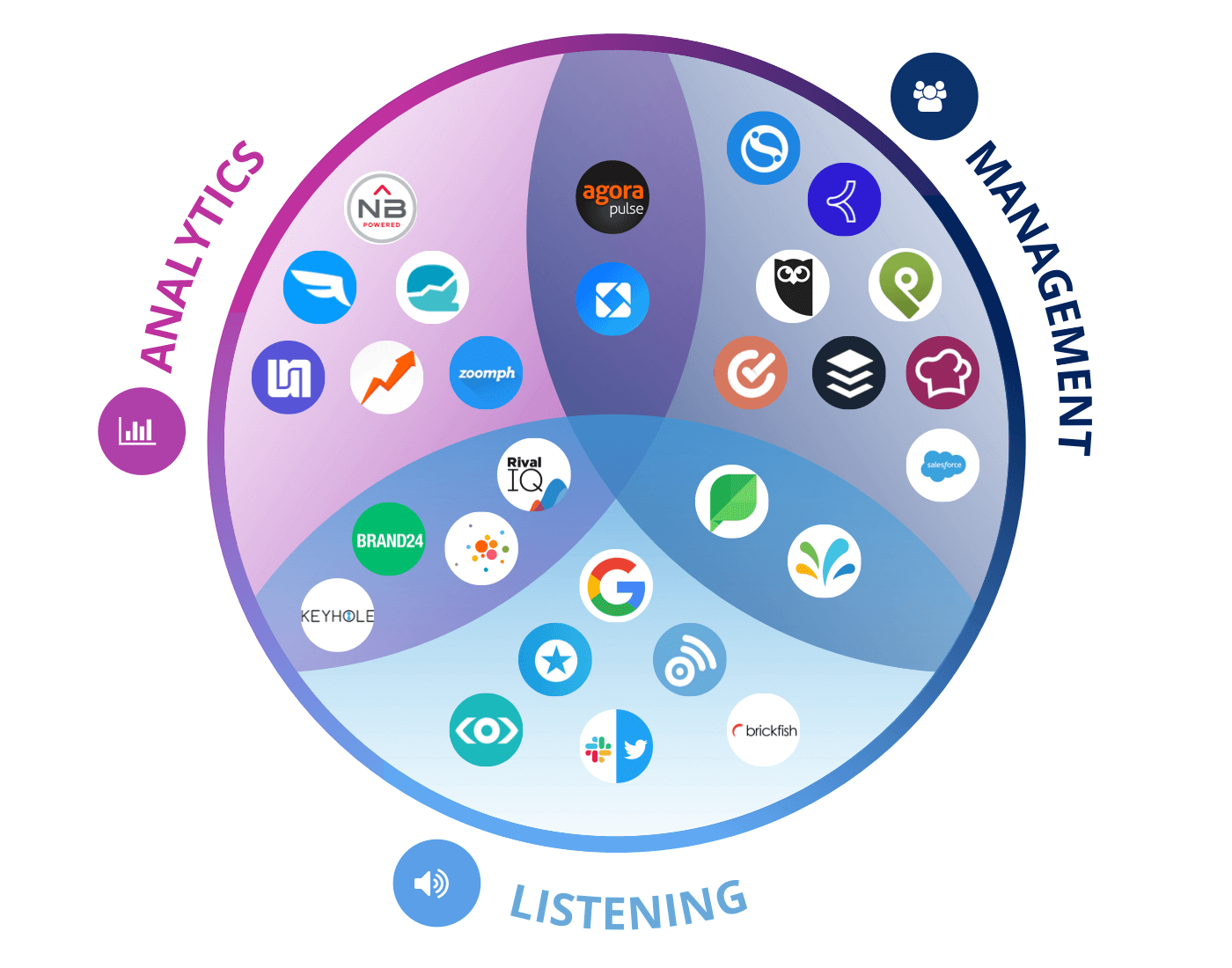October 19, 2020
How to Write a Rockstar Proposal for Social Media Marketing

Now that people are taking social media seriously, more individuals are looking at it as an actual career choice. Knowing the ins and outs of every channel and having the ability to market on them is a full-time job. It’s no longer suitable to treat social media as a simple admin task. The more focused you are, the more money there is to be made.

Writing a Social Media Consulting Proposal
If you are SMM savvy, then chances are you are consulting on a daily basis with small businesses and startups who don’t quite understand where to begin. This is where it becomes your job to clearly lay out a social media proposal and everything you plan to do to get the job done.
If you’re a social media consultant pitching an advertising campaign or marketing strategy, it’s critical to demonstrate exactly what you plan to do and the results they can expect to see. This usually comes in the form of a well-written proposal both parties can work with.
If you’re scratching your head on how to get one started, here are a few tips to write an effective plan today:
Know Your Customers
Study the target demographics and have a clear understanding of the intended audience. Gather social media statistics and use existing company data to map out the people you are trying to reach and engage.
Ask the client. They might already have a good idea of who they’re interacting with and who might make for solid future prospects. After you’ve collected the data, construct some buyer personas to better understand and organize potential leads.
Set Clear Goals
You can’t measure efforts if you don’t know where you start and where you end. This means it’s essential to define clear goals at the very beginning of your proposal. Figure out exactly how far the client wants to go in terms of their business and social metrics. Follow the SMART guidelines for goal setting, which include:
- Specific
- Measurable
- Achievable
- Relevant
- Time-based
This will help ensure your proposal is on the right track.
Study the Competition
It’s important to understand who you’re up against. Know the ins and outs of your competition. What are their weaknesses? Where are they doing better than you and how?
Those “similar but different” brands are going to be out there so spend a little time understanding how they operate. The better you know them, the easier it is to get a leg up. This research can be done at the same time you are building a client’s audience.
Once you’ve collected the information, the best way to use it is to look for voids in their service that your client’s brand can fill. Do they skip Facebook? Only post images (and not videos)? Where does the weakness lie?
Get Familiar with Their Channels
Never take on a job without first studying the client’s online reputation. It could be they have damaged it beyond repair and nothing you do could save the brand. It is detrimental that you first study their online presence. Having nothing is better than something bad that you have to fix. Remember to check out things like:
- Previous social media posts
- All social channels and accounts
- Past social marketing campaigns
- Audience interactions
- Online reviews and customer feedback
Collect Your Baseline
Before you begin, it’s critical that you collect a baseline of data. This is your “starting line” and will help measure future endeavors. These are also important metrics because this is how you will demonstrate to clients whether a campaign is failing or successful (and ultimately how profitable your efforts are).
It’s important to keep a close eye on what is affecting growth and act immediately. Using short links and vanity links is a great way to not only establish brand continuity, but measure every click of every campaign you put out there. This will also tell you where and when to make changes.
Develop a Strategy
Now that you have all the information and tools required, it’s time to develop a strategy for the client. This will determine what platforms the content will be on, how it will vary between platforms, and who you are talking to.
You should also work out the smaller details too, like the brand tone and voice. The design and style should flow continuously across the internet. Always be sure you are staying true to a client’s brand. Consulting with existing materials can help, like:
- Brand guides
- Mission and value statements
- Past content
- Press releases
- Etc..
Get creative and use every resource you have. If you need to, find a proposal template to get you started. The more detailed the proposal is, the easier it is to score the job.









